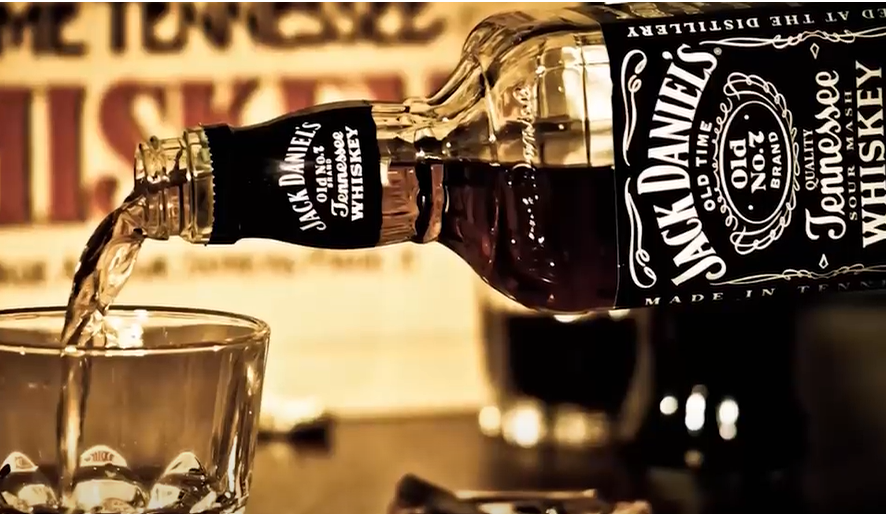Jack Daniel’s has long been a household name, synonymous with quality and tradition. However, like many other companies, it had recently embraced DEI programs and other left-leaning policies that some consumers found controversial. These initiatives, often seen as a way to align with modern social movements, were intended to demonstrate the company’s commitment to equality and diversity. But it appears that the tide is turning.
Faced with growing consumer backlash, Jack Daniel’s has announced that it will no longer participate in the Human Rights Campaign’s Corporate Equality Index and will instead refocus on what it does best: making great whiskey. This decision is a direct response to the free market at work. Consumers have spoken, and their voices have been heard loud and clear.
The Influence of Conservative Activism
This shift didn’t happen in a vacuum. Conservative activist Robby Starbuck has been a vocal critic of what he sees as the “woke” agendas infiltrating American businesses. Starbuck has taken aim at several major brands, including Harley-Davidson, for similar reasons. His efforts to expose these agendas have gained traction, leading to a broader movement among consumers to push back against what they perceive as unnecessary and divisive corporate policies.
Jack Daniel’s decision to end its DEI initiatives can be seen as a victory for these consumers, who believe that businesses should focus on their products and services rather than political or social activism. It’s a testament to the power of the consumer in a free market economy, where the choices people make with their wallets can drive significant change.
The Free Market at Work
What we’re witnessing here is the free market in action. Companies like Jack Daniel’s are beginning to realize that aligning too closely with political or social agendas can alienate a large portion of their customer base. In a competitive market, where consumer loyalty is critical, businesses cannot afford to ignore the preferences and values of their customers.
This decision by Jack Daniel’s to renounce its DEI initiatives is not just a reflection of conservative activism but also a broader trend of companies reassessing their priorities. Many are now refocusing on their core values and business goals, rather than getting entangled in political and social debates. The market is driving this change, as consumers demand that companies return to what they do best: providing quality products and services.
What This Means for Other Brands
Jack Daniel’s isn’t the first, and it certainly won’t be the last, to make such a decision. Other iconic brands may follow suit as they recognize the risks of aligning too closely with divisive policies. The backlash against “woke” corporate initiatives is gaining momentum, and companies are beginning to take note.
As more consumers voice their discontent with businesses that prioritize social activism over their products, we can expect to see more companies reevaluating their strategies. This is the power of the consumer in a free market economy. When customers speak, businesses must listen—or risk losing their market share.
Final Thoughts
Jack Daniel’s decision to end its DEI initiatives marks a significant moment in the ongoing debate over “woke” corporate policies. It’s a clear example of the free market at work, where consumer preferences drive change. As more companies face pressure to return to their core business values, we may see a broader shift in corporate America, with businesses refocusing on what matters most: their customers and their products.
We’d love to hear your thoughts! Please comment below.
Jimmy
h/t: Steadfast and Loyal


Leave a Comment